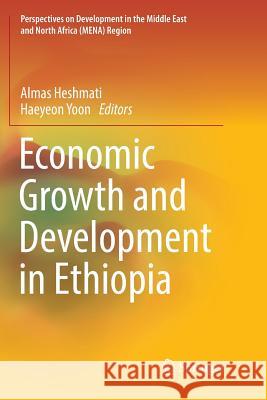Economic Growth and Development in Ethiopia » książka
topmenu
Economic Growth and Development in Ethiopia
ISBN-13: 9789811340697 / Angielski / Miękka / 2018 / 276 str.
Kategorie:
Kategorie BISAC:
Wydawca:
Springer
Seria wydawnicza:
Język:
Angielski
ISBN-13:
9789811340697
Rok wydania:
2018
Wydanie:
Softcover Repri
Numer serii:
000812984
Ilość stron:
276
Waga:
0.45 kg
Wymiary:
23.39 x 15.6 x 1.73
Oprawa:
Miękka
Wolumenów:
01
Dodatkowe informacje:
Wydanie ilustrowane











